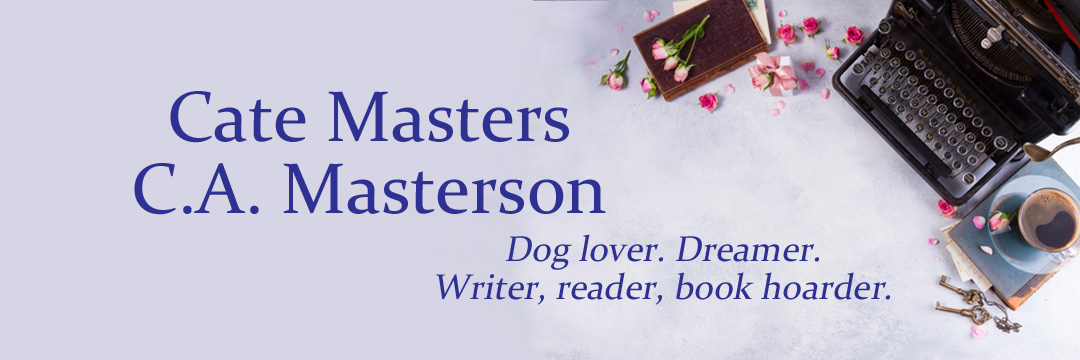In a kind of literary Darwinism, stories are evolving as publishing continues to evolve, further driven by emerging technological advances.
GalleyCat advised that ebook retailer Fictionwise partnered with Lexcycle to bring ebooks to iPhone, a “game-changing” move, according to Lexcycle.
It followed up with a post-Christmas post that iPhones will be a huge player in the digital book market, especially as more developers such as Scrollmotion enter the game.
iPhone apps are definitely suited for books such as Vestal Review’s planned anthology, "Short on Sugar, High on Honey. Bittersweet Love Stories." As described in their call for submissions, “All stories are between seven words (lucky number) and thirteen (bad luck).” Also according to Vestal, the idea for the anthology came on the heels of the “Not Quite What I Was Planning: Six-Word Memoirs" anthology, which Amazon rank 532 as of 4/1/08.
Great stuff to fill down time during commutes, or standing in line at the store.
GalleyCat also noted authors on Twitter broke ground in 2006 with six-word stories, followed up by Wired Magazine’s six-word scifi contest. Eileen Gunn’s made me smile, as did Alan Moore’s and Charles Stross. And Margaret Atwood’s made me laugh, but she is a master of words – and having read most of her other work, filling in the blanks is devious fun. Okay, they were all great, but can blurbs truly be called stories? Flash fiction condensed to its essence, and the reader’s imagination must fill in the blanks. But can that kind of writing stay with you like a good story?
The shorter the story, the bigger the challenge. Flash fiction is extremely difficult to do well, for me, at least. Trimming a story to its minimal core can reveal its truth if the cuts are executed with the precision of a surgeon’s knife. If hacked away with less care, a bloody mess may result. But that’s true for stories of any length. No matter what the technological innovation, stories will never be extinct.
